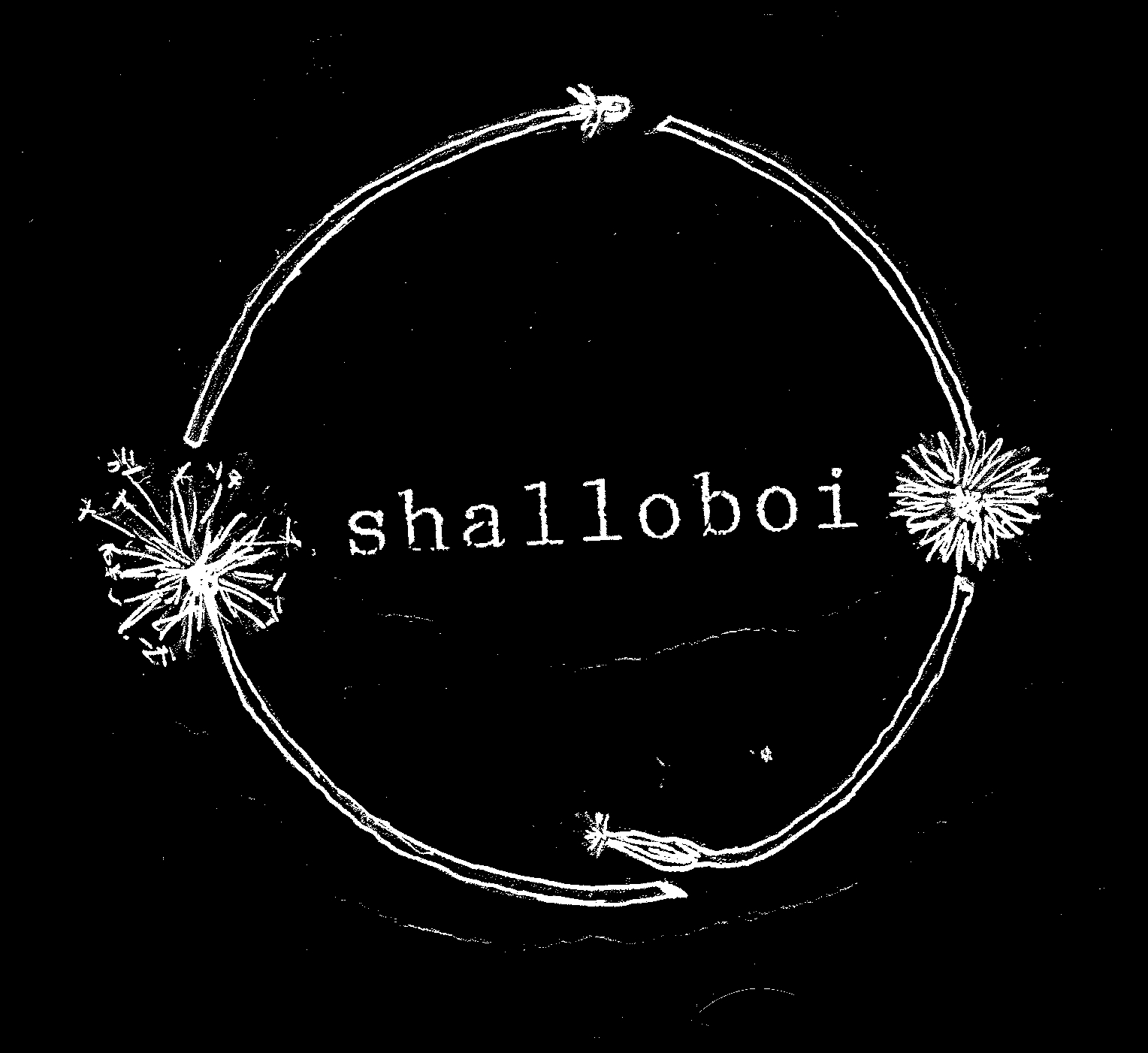I'd never heard any music by the Chromatics and knew absolutely nothing about them. All I knew was that this record was conceived as their soundtrack for an imaginary movie. 'Dark' and 'foreboding' were the only adjectives I'd seen or heard thrown around about how this record sounded. The initial listen was split across a few days, as was the second. All I could glean from these scattered listening sessions was that the album had some impressive dark atmospherics that were always in danger of being interrupted by irritatingly 80s-inspired sounds that sounded either kitschy or half-assed. Usually once the vocals kicked in the sounds would layer in such a way that would support and sustain the creepy atmosphere, but it would always have to spend time recovering from those points where I was drawn out of the overarching mood. As someone who's taken the time to carefully construct and sustain a mood over the course of a set of my own songs I've always known that the most important rule in establishing and sustaining a mood is that you don't want to do anything to jar the listener out of the trance that you have spent so long drawing them into. On the surface it seems that the Chromatics are more concerned with using charmingly kitschy sounds than sustaining a mood over the course of such a sprawling set of songs that are clearly supposed to function as an extended piece. It's doubly disheartening as so few bands bother with an extended moodpiece any more AND with 'Kill For Love' pulling one off successfully is within the Chromatics' grasp. It has the potential to be their 'Disintegration.' The irony being that 'Disintegration,' despite being produced in the 80s, features fewer dated, 80s-associated sounds than 'Kill For Love' which was probably made last year.
Evidence of this squandered potential I believe can be found in 'No Escape,' the 14-minute bonus track included with the digital download of the album. If the glut of bands mining the sounds of the 80s were to apply their reverence for those production touchstones with enough ingenuity to wring something engaging and new from them, this track would be a good example of what they could do to push such sounds into new territory that artists weren't able to pull off in the 80s. In some ways it shows enough promise to do for synthesized music what 'Loveless' did for guitar music. The track bubbles along slowly, unfolding like a Mogwai song in three separate musical movements. It's similar to the mid-album instrumental 'Broken Mirrors' but far more daring in its sound manipulations and more successful. Isn't the point of pulling sounds and production flourishes from past eras to approach them from a more modern point of view and being able to push them into new territory that was impossible during their era of origin? This is something that artists in the psych revival camp have been doing for over a decade under the example of the Brian Jonestown Massacre's Anton Newcombe (who's actually been mining the past for new combinations of sounds for over two decades now). This is also what bands like Echo & the Bunnymen and the Jesus & Mary Chain were doing in the 80s.
The songwriting is obviously there on 'Kill For Love,' for me the flow of the album crumples under the gimmicky sounds of 'These Streets Will Never be the Same' (the vocoder and the poorly sampled drum sounds) on through 'Dust to Dust' and never really recovers the spell that was cast over the first half of the album. Even if these sounds were chosen deliberately they manage to relegate perfectly sound instrumental components to kitsch. It's like holding a room in a seance that you suddenly realise has Hello Kitty wallpaper. This is the kind of album that gets an 8.7 on Pitchfork and makes their 'Best New Music' category. True, it's a challenging album, but in all the wrong ways.


No comments:
Post a Comment